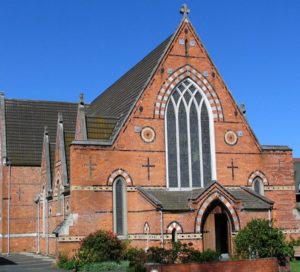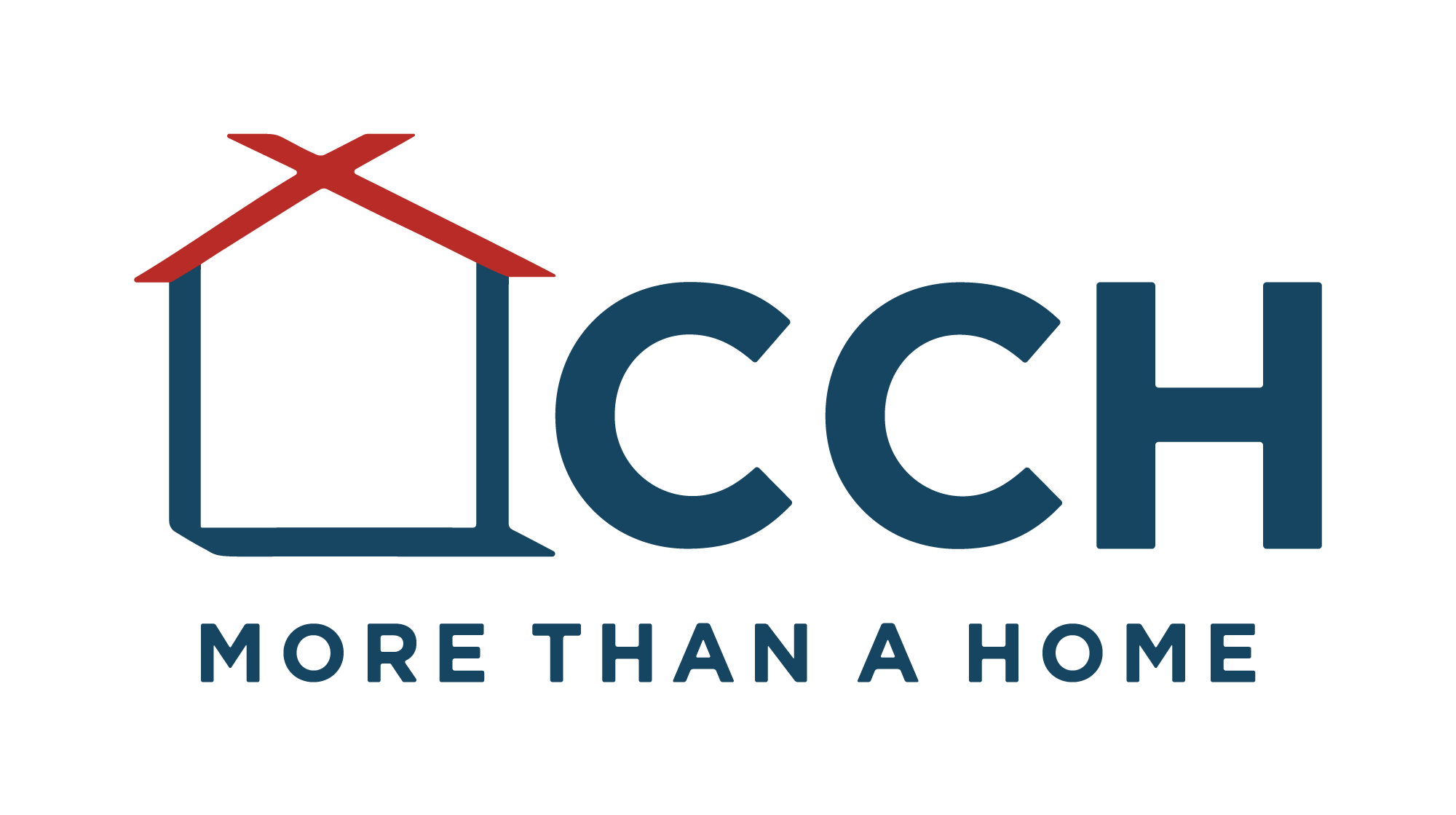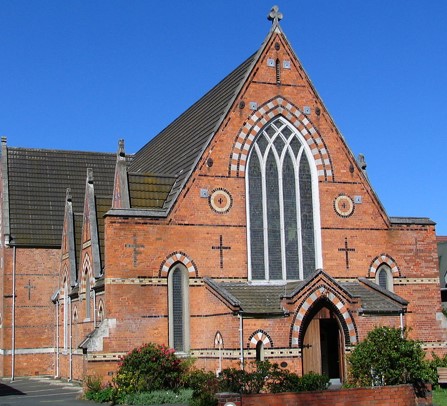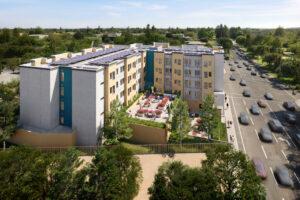 An often untapped resource in helping to address the country’s housing shortage lies in the opportunity for faith organizations to build affordable housing on their properties. Legislation currently working its way through the California State Senate would make it easier for churches, synagogues and mosques to build affordable housing on church property or parking lots without going through the cumbersome rezoning process. If adopted, the legislation could provide more than 38,000 acres of potential property throughout California which faith groups could develop for low-income housing.
An often untapped resource in helping to address the country’s housing shortage lies in the opportunity for faith organizations to build affordable housing on their properties. Legislation currently working its way through the California State Senate would make it easier for churches, synagogues and mosques to build affordable housing on church property or parking lots without going through the cumbersome rezoning process. If adopted, the legislation could provide more than 38,000 acres of potential property throughout California which faith groups could develop for low-income housing.
“This is great news and a great opportunity to partner with the church community in helping address the critical housing crisis, especially for low-income seniors,” shares CCH President and CEO Syd Najeeb. “There is a desperate need for more affordable housing in our communities and many faith groups have the capacity to build on their land and, in some cases, to convert existing structures to meet this need. This could be a win-win solution.”
Many leaders in the faith community have expressed a moral obligation and a shared vision and responsibility to help the under-served and low-income seniors in their communities who are struggling to find affordable housing. While recognizing this urgent need, zoning laws and other barriers have often hampered the ability of churches and other faith groups to build on their properties even though they have the land and the heart to make a difference.
Senate Bill 899, introduced by State Senator Scott Weiner, when paired with Assembly Bill 185, brought forth by Assembly Member Buffy Wicks, is an effort to remove some of the roadblocks. If passed, SB 899 would allow faith organizations to build 40 units up to three stories in height in low-density residential neighborhoods and elsewhere to build up to 150 units up to five stories high without going through rezoning. AB 185 would eliminate minimum parking requirements for church parking lots to pave the way for housing development. All units would be required to remain affordable for low-income residents at least 55 years of age for rentals and 45 years of age if units are sold.
“As a leader in the affordable housing industry, CCH has many decades of experience in working with those in the faith community to develop and manage low-income housing” Syd says. “We welcome the opportunity to partner with others in finding creative solutions to the housing crisis.”




